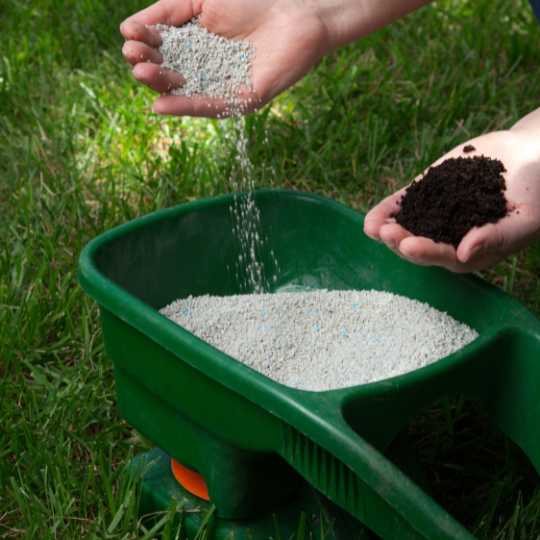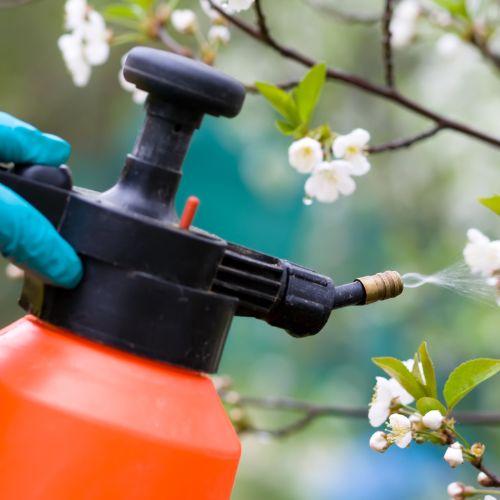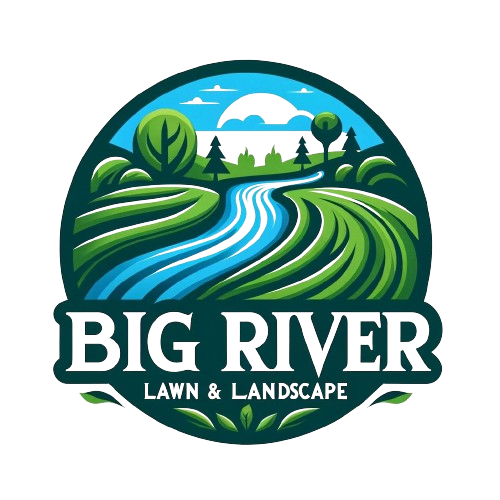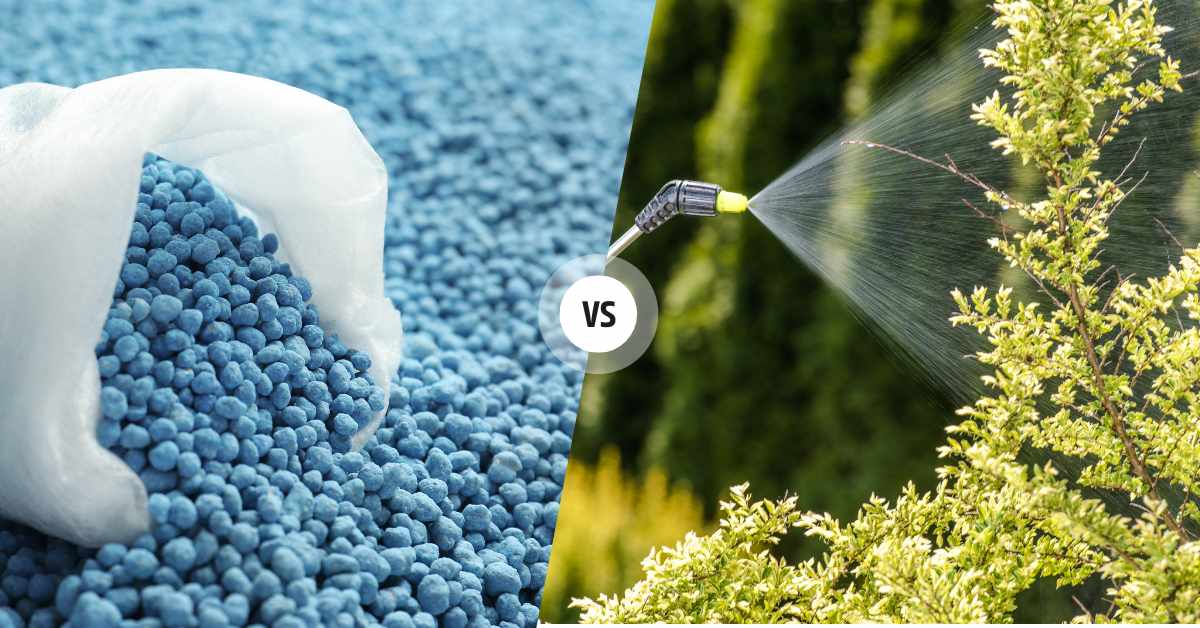Choosing the right fertilizer for your lawn is crucial for healthy grass growth. Both liquid and granular fertilizers have their benefits and drawbacks, but which one is the best for your lawn? In this blog post, we’ll delve deep into the properties of both types, discuss their application techniques, and offer expert advice on making the right choice for your specific lawn needs.
Understanding Fertilizer Basics
Before diving into the specifics of liquid vs granular fertilizer, it’s essential to grasp the basic concepts behind what fertilizers are and how they work. This foundational knowledge will help you understand why certain types of fertilizers might be more suitable for your lawn than others. Let’s explore the primary components of fertilizers and the different forms they can take, setting the stage for a deeper discussion on the merits of liquid and granular options.

What is Fertilizer?
Fertilizer is a substance added to soil to supply essential nutrients that promote plant growth. The primary nutrients in any fertilizer are nitrogen, phosphorus, and potassium, which are vital for the health of your lawn.
Types of Fertilizers
There are many types of fertilizers available, including organic and inorganic varieties. These can be further categorized into two main types: liquid and granular. Each type has specific characteristics that may influence your choice depending on your lawn care goals.
Liquid Fertilizer
Known for their quick absorption, liquid fertilizers, including various forms like liquid nitrogen fertilizer for grass and water-soluble grass fertilizers, provide a rapid green-up of lawns. We will discuss their composition, advantages, and some challenges they pose, helping you decide if liquid lawn fertilizer vs granular is the better option for your turf. Additionally:

Composition and Properties
Liquid fertilizers are water-soluble solutions or suspensions that contain essential nutrients for lawn growth. One popular type is liquid nitrogen fertilizer for grass, which is absorbed quickly by the grass for rapid greening.
Advantages of Liquid Fertilizer
Liquid fertilizers are immediately available to the grass, providing quick results. They are ideal for a fast boost in growth and are considered the best spray lawn fertilizer due to their ease of application and uniform distribution.
Disadvantages of Liquid Fertilizer
However, because they are quickly absorbed, they may require more frequent applications. This can make them less cost-effective over time and potentially increase the risk of nutrient runoff into nearby waterways.
Comparing Application Techniques
Understanding how to apply liquid and granular fertilizers effectively is key to maximizing their benefits while minimizing waste and environmental impact. Let’s cover the practical aspects of fertilizer application, comparing spray vs. granular fertilizer techniques to help you execute the most efficient method for your lawn’s needs.
How to Apply Liquid Fertilizer?
Applying liquid fertilizer typically involves using a sprayer. This can be either a handheld sprayer for small areas or a ride-on spreader for larger lawns. The key is to ensure even coverage to avoid burns from concentrated areas of the fertilizer.

How to Apply Granular Fertilizer?
Granular fertilizers are usually applied using a broadcast or drop spreader. Calibration of the spreader is crucial to ensure even application and prevent over-fertilization, which can harm your lawn.
Factors to Consider When Choosing Fertilizer
Choosing between liquid or granular fertilizer isn’t just about personal preference; it involves considering several critical factors. We’ll explore how lawn size and type, seasonal timing, and soil health can influence your decision on whether liquid fertilizer vs granular, or a combination of both, is the best approach for your garden.
Lawn Size and Type
The size and type of your lawn play significant roles in choosing between liquid and granular fertilizers. Smaller or patchy lawns might benefit more from the precise application of liquid fertilizers, whereas larger lawns could be more economically served by granular types.
Seasonal Timing
Consider the season in which you are fertilizing. Liquid fertilizers are ideal for quick spring green-up, while granular fertilizers are better suited for sustained growth through the growing season.
Soil Health
Testing your soil is critical to understanding its nutrient needs. Liquid fertilizers can adjust more quickly to soil deficiencies, whereas granular fertilizers can help build long-term soil fertility.

Expert Recommendations
Experts often recommend using both types of fertilizers at different times of the year for optimal growth. For instance, starting the season with a liquid fertilizer for quick greening, followed by a granular type to maintain the lawn through the season, can be an effective strategy.
In Conclusion
Both liquid and granular fertilizers have their place in lawn care. The choice between liquid vs granular fertilizer often comes down to specific lawn conditions and personal preferences. Understanding the properties and effects of each will help you make the best decision for a lush, healthy lawn.
FAQs on Liquid Vs Granular Fertilizer
Is Liquid Fertilizer Better Than Granular?
Liquid fertilizers provide rapid nutrient absorption, making them excellent for quick greening and addressing deficiencies swiftly. Granular fertilizers, however, offer a slow-release of nutrients, which supports steady, long-term growth and health of the lawn. The choice should be based on factors like lawn size, the immediacy of nutrient needs, and maintenance preferences.
What Is Best Spray Lawn Fertilizer?
The best spray lawn fertilizer generally depends on the specific needs of your lawn. However, products containing a balanced mix of nitrogen, phosphorus, and potassium with quick-acting formulas are often preferred for their ease of application and fast results. Brands like Scotts Liquid Turf Builder and Simple Lawn Solutions are popular choices.
What Does Grass Fertilizer Do?
Grass fertilizer provides essential nutrients that are crucial for the healthy growth and development of lawn grass. It primarily supplies nitrogen for leaf growth, phosphorus for root development, and potassium for overall plant health, which helps in enhancing the density, color, and resistance of the lawn against diseases and weather stresses.
What Is the Best Liquid Fertilizer for Lawns?
The best liquid fertilizer for lawns is one that suits the specific nutritional needs of your grass while being easy to apply. Products like Miracle-Gro Water Soluble Lawn Food are highly regarded due to their fast-acting nutrients that promote lush, green growth. Additionally, organic options like Neptune’s Harvest Fish & Seaweed Fertilizer offer a natural alternative.
How Long Does Fertilizer Last?
The longevity of a fertilizer’s effect can vary based on its formulation. Liquid fertilizers typically act quickly but may need reapplication every 2-4 weeks. Granular fertilizers, on the other hand, can last much longer, providing nutrients for up to 8 weeks or more due to their slow-release properties.



